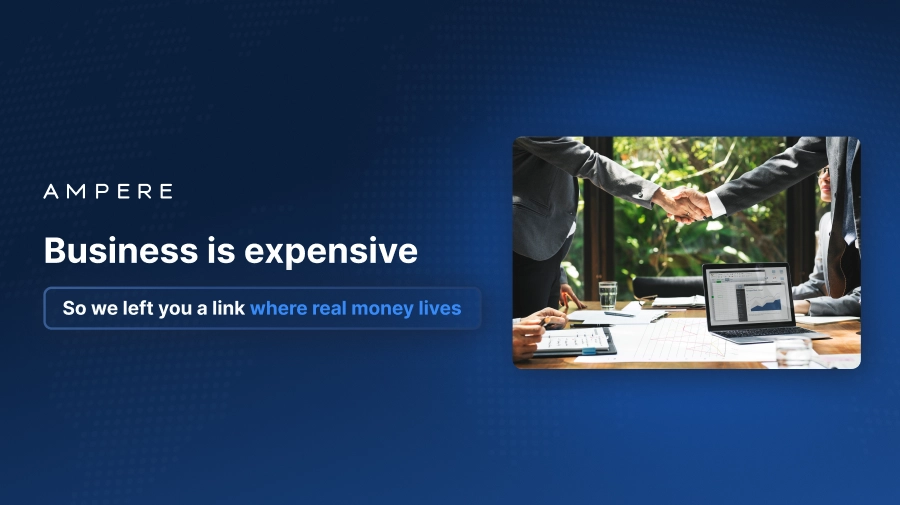
How Small Businesses in the UK Access Funding in 2025
Financing a small business in the UK typically does not follow a single route. Depending on their size, industry, geography, and current stage, companies may need to combine different instruments, such as public grants, commercial loans, private resources, or internal credit strategies, to cover gaps and move forward. In 2025, the overall number of mechanisms has grown, and for some categories, the process has become less restrictive.
Financing a small business in the UK typically does not follow a single route. Depending on their size, industry, geography, and current stage, companies may need to combine different instruments, such as public grants, commercial loans, private resources, or internal credit strategies, to cover gaps and move forward. In 2025, the overall number of mechanisms has grown, and for some categories, the process has become less restrictive.
Government Grants and Public Schemes
A centralised database of government-backed funding options is maintained on gov.uk/. It includes grant-based programmes, regional subsidies, tax incentives and support for capital expenditure. Some are tied to sector or project type, others are geography-based.
A noticeable shift since early 2024 is that more schemes have adopted pre-filtered eligibility models, with less manual screening. This opens up access to firms that wouldn’t usually consider public money. For example, service-based businesses or sole traders that historically didn’t qualify may now be eligible based on postcode, payroll size or function.
Finance and support for your business
Low-Interest Loans and Matched Funding
Aside from grants, there are structured loans underwritten by public programmes. They often offer deferred terms, zero-interest periods, or partial write-offs if the use case fits the approved criteria. Other programmes operate on a co-funding basis, where a business contribution is matched by public capital.
Matched models are often limited by time or volume, but they can support equipment upgrades, hiring or transitional costs.
Commercial Banking and Credit Access
For many SMEs, standard bank products remain a relevant option. Overdraft-based offers, working capital loans, seasonal credit lines and invoice financing are still part of the landscape, although approval models vary widely. Some traditional banks rely on history, while others focus on current cash flow metrics.
Certain digital banks provide faster application routes using live data, although these products tend to be conditional and, in some cases, reactive to account activity rather than initiated manually.
Localised and Sector-Specific Funds
Beyond national schemes, businesses can also access devolved funds via local councils, growth hubs or sector bodies. These include infrastructure grants, clean energy incentives, and even recovery-oriented support for high-street retail. The window for such programmes tends to be short. In many cases, announcements happen without broader visibility.
An example in 2025 was the Ministry of Defence’s £400m supplier fund. While not widely publicised, it demonstrated a simplified structure with direct payouts and minimal administrative drag. Other departments are following similar blueprints.
Compared to innovation grants or tax reliefs, these models prioritise speed and operational fit. The criteria may be narrow, but the path from application to disbursement is often shorter than expected. Some firms receive decisions in days.
Ampere does not issue funding or act as an intermediary. However, we recognise that financial access, whether internal or external, is inseparable from how a business operates on a day-to-day basis. We focus on providing SMEs with banking tools that support their movement: fast settlement, multi-currency flexibility, transparent payments, and real-time balances. Some of this, admittedly, only becomes relevant when time is short.
It’s not always the funding itself that stalls progress, but the delay in recognising what’s possible.
At Ampere, we track all these legal changes so that our customers can focus on their business. Our expert team dedicated to SME banking support does monthly updates on the UK SME funding and banking landscape, reviewing regulation changes and corporate offers. Some of these changes affect specific groups, others the entire sector. Either way, having a single source of updated context saves time and reduces risk, especially for small businesses that may not always have someone available to monitor their information.

